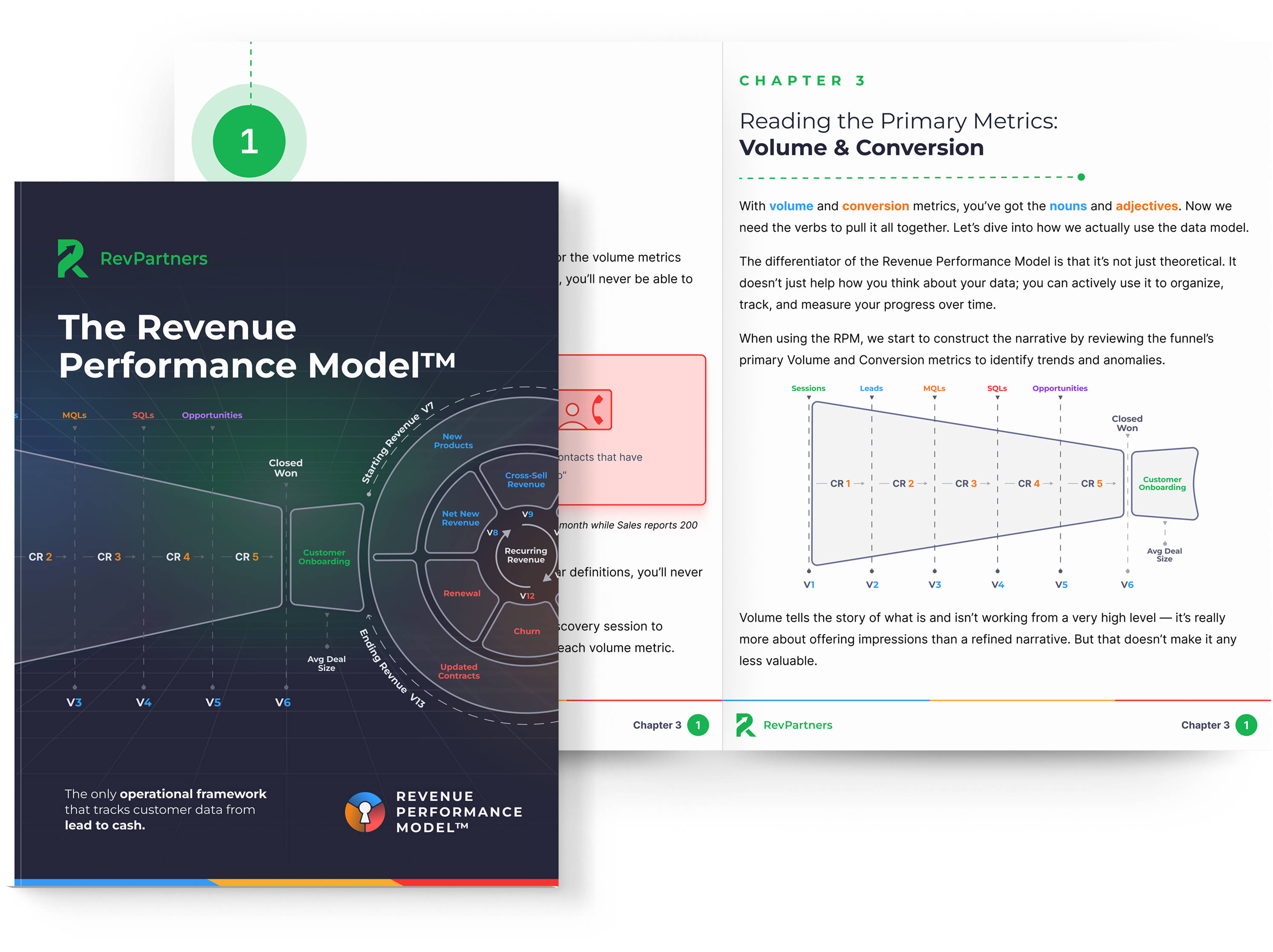Table of Contents
The software-as-a-service (SaaS) industry has witnessed remarkable growth in recent years, thanks to advancements in technology and the evolving needs of businesses. One of the key driving forces behind this progress is the integration of artificial intelligence (AI) and machine learning into SaaS platforms. These technologies are revolutionizing the way businesses operate, enabling them to make more informed decisions, enhance efficiency, and deliver personalized experiences to users.
TL;DR: How are AI and machine learning transforming the SaaS industry?
-
SaaS makes powerful software accessible, scalable, and easy to maintain
-
AI brings automation, personalization, and predictive insights to SaaS tools
-
Machine learning helps CRMs forecast churn, optimize pricing, and boost support
-
Key challenges include data privacy, integration complexity, and biased training sets
-
Future trends include NLP, predictive analytics, and explainable AI
What is SaaS and why has it become the dominant software model?
SaaS, also referred to as "software on demand," is a software distribution model where applications are hosted by a service provider and made available to customers over the internet. This eliminates the need for users to install and maintain the software on their own servers, resulting in cost savings, convenience, and scalability.
With SaaS, businesses can access powerful software solutions for various purposes, such as CRMs, project management, and human resources management, without the need for significant upfront investments or technical expertise. Instead, they pay a subscription fee to access the software via a web browser, making it accessible anytime, anywhere.
For example, in the past, if a small business owner wanted to streamline their customer management process, they would have had to invest in expensive CRM software, purchase hardware to host the software, and hire IT staff to maintain and update it. This not only required a significant upfront investment but also added ongoing costs for software updates and hardware maintenance.
However, with SaaS, the small business owner can simply subscribe to a CRM software service, eliminating the need for upfront investments and technical expertise. They can access the software through a web browser, allowing them to manage their customer relationships efficiently and effectively. This not only saves them money but also frees up their time and resources to focus on other aspects of their business.
SaaS also offers scalability, allowing businesses to easily adjust their software usage as their needs change. For example, a growing business can quickly add more user licenses or upgrade to a higher-tier subscription plan to accommodate their expanding operations. On the other hand, a business experiencing a temporary slowdown can scale back their software usage to reduce costs.
Another advantage of SaaS is the convenience it provides. Since the software is hosted by the service provider, businesses don't have to worry about installation, maintenance, or updates. The service provider takes care of all the technical aspects, ensuring that the software is always up to date and running smoothly. This allows businesses to focus on using the software to drive their operations forward, rather than getting bogged down by technical issues.
How do AI and SaaS work together to improve automation and decision-making?
As AI and machine learning continue to evolve, their integration with SaaS platforms has become more prevalent. By combining the power of AI and SaaS, businesses can leverage intelligent automation, personalized recommendations, and predictive analytics to drive growth and deliver unparalleled user experiences.
AI-powered chatbots, for instance, have become commonplace in customer service and support functions within SaaS applications. These chatbots can interact with users in a conversational manner, answering queries, providing product recommendations, and even resolving issues. By automating these processes, businesses can reduce costs, improve response times, and enhance customer satisfaction.
The integration of AI and SaaS has opened up new possibilities for data analysis and decision-making. With AI algorithms analyzing vast amounts of data in real-time, businesses can gain valuable insights into user behavior, preferences, and trends. This data-driven approach allows companies to make informed decisions, optimize their offerings, and stay ahead of the competition.
One area where the intersection of AI and SaaS has shown significant promise is in sales and marketing. AI-powered tools can analyze customer data, identify patterns, and generate targeted marketing campaigns. These campaigns can be tailored to individual customers, taking into account their preferences, browsing history, and purchase behavior. By delivering personalized content and offers, businesses can increase customer engagement, conversion rates, and ultimately, revenue.
AI can also play a crucial role in enhancing the security and reliability of SaaS platforms. Machine learning algorithms can detect and prevent cyber threats, identify anomalies in user behavior, and protect sensitive data. By continuously learning and adapting to new threats, AI-powered security systems can provide robust protection against evolving cyber attacks.
Another exciting application of AI in the SaaS industry is in the field of predictive analytics. By analyzing historical data and using machine learning algorithms, businesses can predict future trends, customer churn, and demand patterns. This predictive capability allows companies to optimize their resources and plan for future growth.
How is machine learning being used in SaaS platforms today?
Machine learning, a subset of AI, has emerged as a game-changer in the SaaS industry. Through the use of machine learning algorithms, SaaS platforms can analyze vast amounts of data and learn from patterns and trends. This enables them to make accurate predictions, automate decision-making processes, and deliver personalized experiences to users.
Machine learning algorithms have revolutionized the way SaaS CRM applications operate. These algorithms have the ability to predict customer behavior, such as the likelihood of churn or purchase, by analyzing historical data. By identifying patterns and trends in customer behavior, these algorithms can provide valuable insights to businesses.
Armed with this information, businesses can take proactive measures to retain customers or tailor offers to increase conversion rates. For customers who are at risk of churn, the SaaS platform can trigger automated actions, such as sending personalized emails or offering special discounts, to encourage them to stay. Similarly, for customers who are likely to make a purchase, the platform can provide personalized recommendations or targeted promotions to maximize conversion rates.
Machine learning algorithms can also be used to optimize pricing strategies in SaaS applications. By analyzing historical data on customer preferences, market trends, and competitor pricing, these algorithms can determine the optimal price points for different customer segments. This enables businesses to maximize revenue while ensuring competitive pricing.
Another area where machine learning is making a significant impact in the SaaS industry is in the field of customer support. ML algorithms can analyze customer support tickets, chat logs, and other communication data to identify common issues, sentiment analysis, and customer satisfaction levels. This information can be used to automate responses, prioritize tickets, and improve the overall customer support experience.
What challenges come with integrating AI and machine learning into SaaS?
While the integration of AI and machine learning into SaaS platforms brings numerous benefits, it also presents challenges and considerations that need to be taken into account.
Data Privacy and Security
AI and machine learning rely heavily on data for training and analysis. Ensuring the privacy and security of sensitive data is critical to maintain trust among users and compliance with regulatory requirements.
Data Quality and Bias
The effectiveness of AI and machine learning algorithms is highly dependent on the quality and diversity of the data used for training. Biased or incomplete data can lead to inaccurate predictions and reinforce existing biases, potentially causing harm or unfair treatment.
Integration Complexity
Integrating AI and machine learning capabilities into existing SaaS platforms can be complex and time-consuming. It requires careful planning, robust infrastructure, and skilled resources to ensure a seamless transition and optimal performance.
User Adoption and Education
Introducing AI and machine learning features to SaaS platforms may require users to adapt their workflows and learn new processes. Adequate training and education programs should be in place to facilitate user adoption and maximize the benefits of these technologies.
What are the key future trends shaping AI and SaaS?
The role of AI and machine learning in SaaS is expected to continue expanding in the future, with several key trends shaping the industry.
Natural Language Processing
Advancements in natural language processing technology will enable SaaS platforms to better understand and respond to human language. This opens up new possibilities for intuitive user interfaces and more seamless interactions.
Predictive Analytics
AI-powered predictive analytics will become more prevalent in SaaS applications, enabling businesses to anticipate customer needs, optimize resource allocation, and manage risk more effectively.
Explainable AI
As AI becomes more deeply integrated into SaaS platforms, the need for transparency and explainability becomes crucial. Explainable AI will enable businesses and end-users to understand how decisions are being made, improving trust and accountability.
Summing it Up
The integration of AI and machine learning into the SaaS industry has revolutionized the way businesses operate. These technologies offer immense potential for enhancing efficiency, driving growth, and delivering personalized experiences. However, it’s important to consider the challenges and considerations associated with implementing AI and machine learning in SaaS platforms and stay on top of emerging trends.
The Revenue Performance Model
Do you want to track the entire revenue journey in your CRM so you can see what's broken, why it happened, and where to fix it?
Download the Revenue Performance Model HERE


.png)


